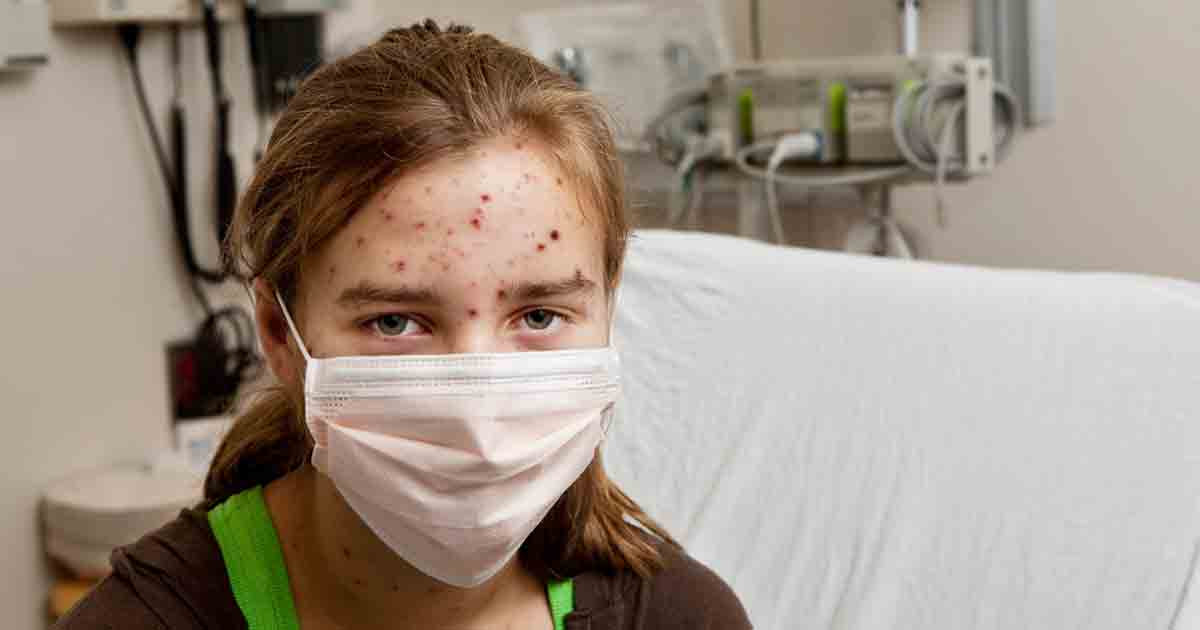What Causes Vestibular Neuritis?
Mumps

The mumps virus attacks the salivary glands, causing them to swell. While some patients with this virus may have no symptoms, many patients experience loss of appetite, fever, headache, weakness, and facial pain. Patients may also have pain while eating or swallowing. This infection spreads very easily through saliva, and patients will need to stay at home for a week while they are contagious. There are no treatments for the illness, and most cases typically resolve within two weeks. To ease the symptoms, patients may wish to apply ice packs to the face and neck area to relieve pain in the salivary glands and lymph nodes. Eating ice cream, frozen yogurt, or popsicles can also reduce pain, and patients should drink lots of fluids to ensure they stay sufficiently hydrated. Since chewing can be quite painful with this condition, doctors recommend eating a diet of soft foods such as yogurt, pudding, and soup.
Chickenpox

Chickenpox typically occurs in childhood, and the classic symptom is the presence of an extremely itchy rash on the skin. The rash typically looks like a bunch of red spots or blisters, and some patients may also have ulcers. For many patients, the rash scabs over after about seven days. In addition to a rash, patients may have a fever, swollen lymph nodes, fatigue, and a loss of appetite. Most cases of chickenpox resolve within one to two weeks.
Patients may wish to use an oatmeal bath or calamine lotion to relieve itching. An antihistamine should also be used to reduce itching, and patients should try not to scratch the rash, as this can lead to scarring and skin damage. Since chicken pox is highly contagious, patients should stay home from work or school for approximately seven days. Although patients may not feel like eating, they should try to have soup and other fluids to maintain proper hydration, and they should get as much rest as possible.
